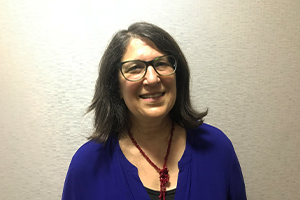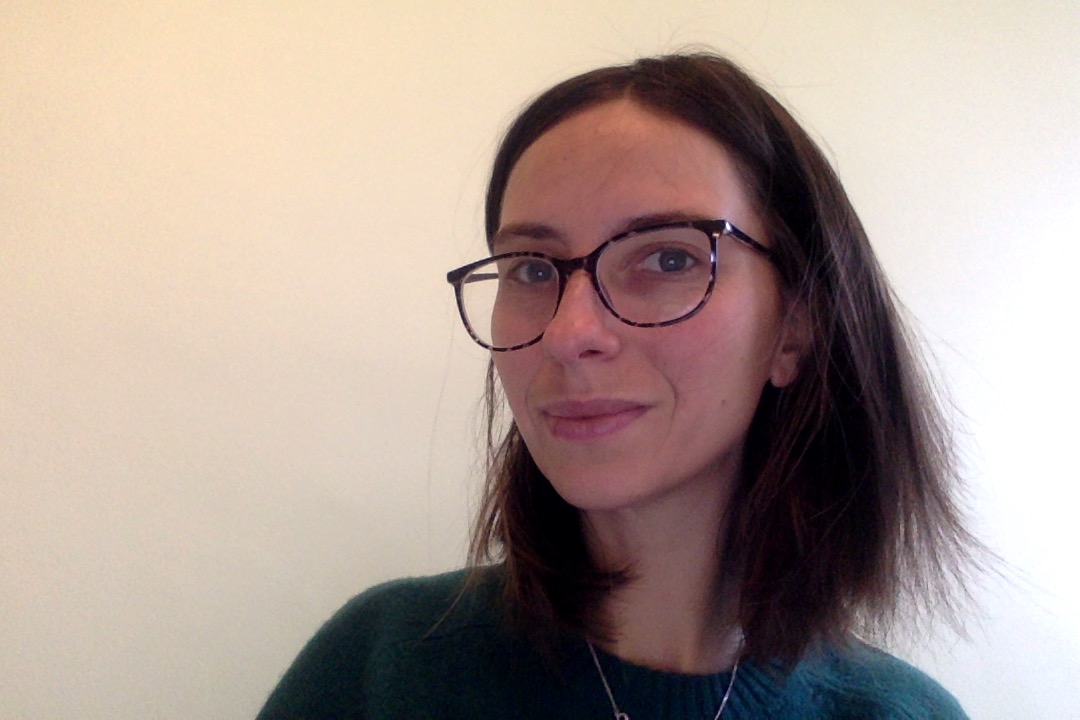TOPICS VARY BY SEMESTER
Professor(s)
Notes
This innovative class brings AUP students into a shared educational and creative space with people detained at La Santé prison in Paris.
After one introductory class at AUP and a prison-organized training session, eight AUP students will spend the semester sharing readings, discussions, and creative activities with an equal number of detainees. Readings will be selected based on the themes emerging from the interactions between the particular participants in the class. In the past, authors studied have included Malcolm X, Bachir Kerroumi, Rigoberta Menchu, Azouz Begag, Jimmy Santiago Baca, W.S. Merwin, Alison Bechdel, Paulo Freire, and Franz Kafka.
In each class session, students and detainees will read together as a group, then in small mixed groups, develop creative ways to exchange ideas and reactions. Circle pedagogy, deep listening, and other egalitarian approaches are used to make the learning experience mutual. In the last three or four sessions of the class, students and detainees will put together a collaborative final project, which will be presented in a celebratory event, attended by guests from AUP and the prison.
This class emerges from a collaboration between AUP and the cultural activities department of the Centre Pénitentiaire Paris La Santé, a newly-renovated remand prison in the 14th district of Paris. Detained participants, who primarily speak French (but also other languages), will learn alongside AUP participants, who primarily speak English (but also other languages). Classes will occur principally in French, and AUP students must have an intermediate conversational French level to participate (B2 or higher).
Interested students are asked to fill out this application: https://docs.google.com/forms/d/e/1FAIpQLSdzCdSTG3bt2iqLZv8UpDtscWRwl5K4.... The cut-off date for applying is November 30, according to prison requirements. However, we encourage interested students to fill out the application questionnaire as soon as
Learning Outcomes
- Students will learn to formulate and develop answers to questions about different ways to learn, about obstacles to learning and about the overcoming of obstacles to learning.
- Students will learn to read and analyze texts attentively.
- Students will extend their abilities to interpret and engage in interpersonal and intercultural communication, both verbal and non-verbal, across significant differences.
- Students will engage with and experiment with practices designed to elicit creative writing, creative role-playing, and other forms of creativity.
- Students will learn to tell a story, formulate their own ideas and develop a unique voice in writing and speaking.
- Students will learn to engage in deep listening in small groups or in on-on-one interaction, across significant differences.
- Students will learn to negotiate and collaborate in small groups and pairs with people from different cultural and linguistic backgrounds.
- Students will take responsibility as participants and facilitators in all of the above activities.
- Students will enhance their understanding of the complexities and challenges of real-world concerns and their creative capacity to address them. (CCX LO1)
- Students will interpret intercultural experience from the perspectives of more than one worldview and demonstrate the ability to initiate and develop interaction with cultural difference. (CCX LO2)
- Students will engage in the self-assessment, reflection and analysis of this experience, preparing them for future success, and will be able to articulate this to future educational and professional interlocutors. (CCX LO3)
- Students will be able to position themselves critically in relation to these concerns, considering the efficacy, consequences and ethical dimensions of their actions in a given place and context. (CCX LO4)
Syllabus
Schedule
| Day | Start Time | End Time | Room |
|---|---|---|---|
Tuesday | 09:00 | 11:55 | Q-609 |


